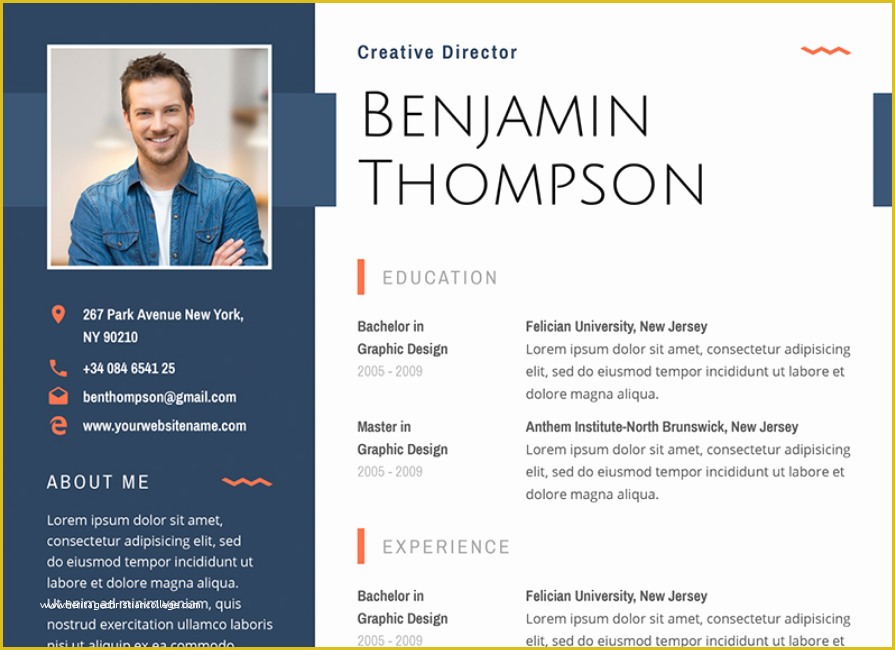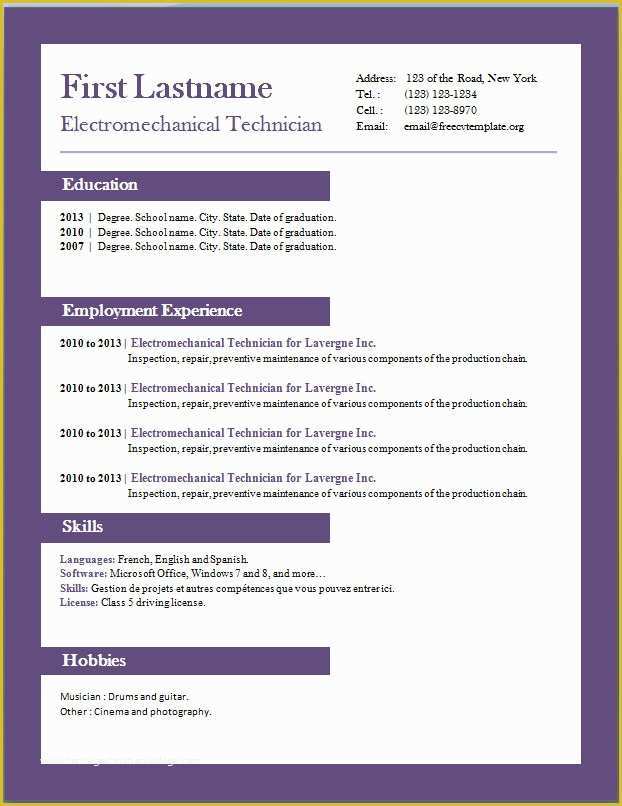

If you’re applying for an entry-level job or an internship, no one expects you to have ANY work experience. So, what the heck can you include in your resume if you have none? After all, most resume examples you see on the web are 80% about work experience. The process of writing a resume might seem super scary to you. How to Write a Resume for Your First Job? Want to learn how? Check out our complete guide on how to make a resume. If you manage to create a “good” resume, you’re going to 2x your chances of getting hired.

When applying for a job, you’re (in most cases) going to be asked for a resume accompanied by a cover letter. Its main purpose is to show off your best self to potential employers. (C ough cough We won’t say his real name, but one of our team members whose title rhymes with re-bounder once sent out 20 resumes with his name spelled ‘Stepen.A resume is a brief summary of personal and professional experiences, skills, and education history. But you’d be aghast (fun word) at the number of folks rejected for a job because of this. Include those projects on your resume.Īvoid grammar and spelling errors. As you read, see if any prior work projects come to mind. Tailor your resume for each job you apply to, which means reading each job description carefully. Your work experience should focus on your measurable accomplishments, not on job responsibilities. Use numbers to showcase your impact in past roles. There are plenty of resume tips we could give you, but here are three that, when followed, will most increase your chances of snagging an interview: Would you believe we’ve actually seen resumes without a name?! Besides discovering disheartening news like that, we’ve figured out how to make a good resume. Not to blast our own horns, but we’ve reviewed tens of thousands of resumes in the last few years.


 0 kommentar(er)
0 kommentar(er)
